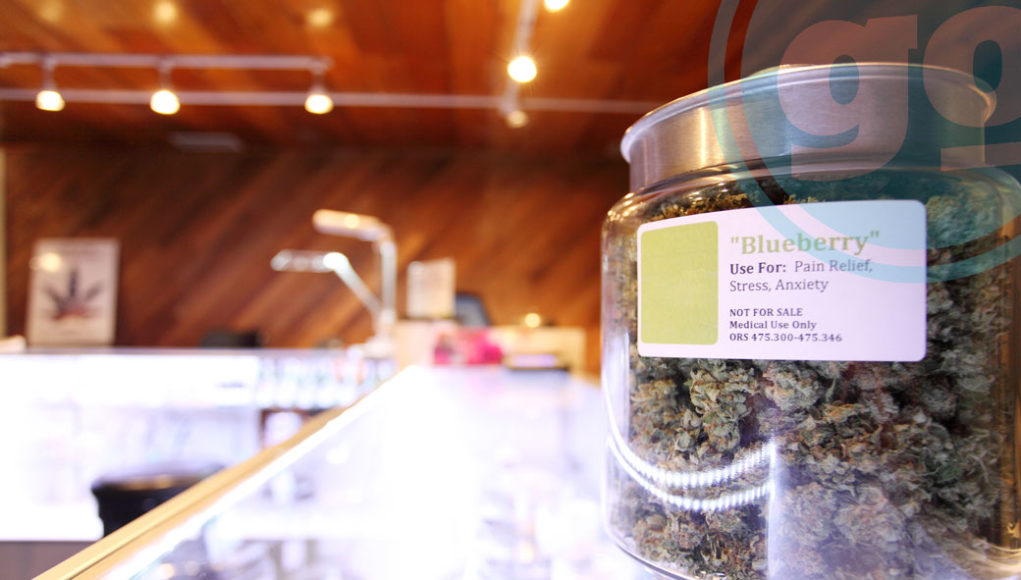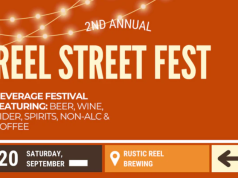Understanding Cannabis Dispensaries
It’s very conceivable that cannabis as of late turned out to be medicinally or recreationally legal in your state, which implies that cannabis will be (or as of now is) sold in customer stores close to you. In any case, before you bounce for satisfaction and head towards the closest cannabis shop, you should, beyond any doubt, know the difference between a medical dispensary and a recreational, adult-use store. Knowing these distinctions will help set you up for your first visit to either sort of business and get you ready with a couple of good tips to help you get the most out of your legal cannabis buy.What is a Medical Cannabis Dispensary?Medical cannabis dispensaries are intended to give patients a safe area to obtain information and cannabis developed to treat sicknesses. They’re typically directed and taxed uniquely in contrast to recreational cannabis outlets, and hence, costs of cannabis may differ between the two. The inside plan of medical dispensaries is commonly more like a specialist’s office than an average customer store. Come arranged with the best possible documentation and inquiries identified with cannabis and your sickness.Here’s What You Need To Know Before Visiting Your Local Medical Dispensary:You will require your state requires a specialist’s recommendation, medical cannabis certificate, as well as whatever legitimate documentation.Ordinarily, you should be 18 or older to meet all requirements for a medical approval, yet special cases might be made in a few states for minors with especially crippling conditions.You will, as a rule, enroll with a therapeutic dispensary. This is to keep your medical cannabis suggestion or confirmation on the document for legal and administrative purposes.There will be a waiting room. This is to control the stream of patients and item, yet a basic separating divider likewise gives patients protection and direct one-on-one contact with a budtender to sincerely talk about medical issues.Ordinarily, however not generally, your purchases will be followed by medical dispensaries. This procedure can help budtenders and patients track viable medication and in addition have a living record of producers and items for future reference and development.Medicinal dispensaries, as a rule, permit you to smell and look at the buds before buy. This may vary from state-to-state.What is an Adult-Use (Recreational) Cannabis Store?The expression “adult-use” originates from the thought that not all supporters of a cannabis dispensary are consuming cannabis exclusively for recreational purposes. Cannabis can and is used for some reasons that go past the recreational/therapeutic cannabis binary. An adult-use shop may likewise be alluded to as a “dispensary,” however as more states legalize recreational use, more individuals are turning away from language from the times of “medical-only” legislation.Adult-use shops require fewer prerequisites than a medical dispensary, although there’s plenty to know before you set foot inside one of these legal cannabis storefronts:
- You must be no less than 21 years of age to buy cannabis from an adult-use store.
- Your legitimate, unexpired state ID is your key to the kingdom of cannabis. If all else fails, bring your valid, unexpired passport. (emphasis on “legitimate and unexpired.”)
- Many stores have menus to peruse on their site or while you remain in line. Menus can be sorted out in a wide range of ways, however, most ordinarily by item sort (e.g. bloom, think, eatable, topical, and so on.). Take note of that the best cannabis isn’t the costliest or have the highest THC%.
- There are extraordinary budtenders on the medical and adult-use sides of the cannabis business, yet as a rule, a recreational dispensary budtender does not have room schedule-wise to give 20 minutes of full focus to every client like numerous medical budtenders will. This doesn’t mean a budtender won’t teach you or share earnest suggestions; rather, adult-use customer stores are snatch-and-go areas for the most part intended for availability and comfort. Furthermore, similarly as alcohol stores can have sommeliers and additionally consistent checkers, cannabis dispensary partners can range from verbose agriculture majors to fundamental “customer service representatives.”
- Bring money. Prepare and withdraw some cash out of the bank. This will spare you time and a charge from the in-house ATM.
- Do the thorough research. Most dispensaries have a site and a menu.
- Have a substantial, unexpired ID or passport. If you don’t have a present, form of identification, you’ll be dismissed at the entrance.
- Be tolerant and polite. Budtenders see many individuals consistently and will give better service to kind, amiable people/couples/groups.
- Ask questions. Most recreational dispensaries can’t specifically answer medical inquiries, so rather, make inquiries that are important to you. For instance, rather than asking, “I require cannabis that helps manage pain,” take a stab at asking “What strains do you appreciate that assists with physical distress?” Budtenders can more often than not share their cannabis encounter, clarifying a strain’s therapeutic advantages without straightforwardly prescribing medical use.
- A tip is not required but rather is constantly valued. Diverse dispensaries handle this subject in an unexpected way. At the end of the day, do what pleases you. If you have an inclination that you got uncommon service and might want to demonstrate your gratefulness, don’t hesitate to leave a little money tip for your budtender.
By going into a medical or adult-use cannabis dispensary, you and the state are believing each other. You assume that legislators are controlling the item fairly and establishing shields to secure general wellbeing, and the state confides in the shopper to use and make the most of their cannabis mindfully. To repeat, you are the public face of your state’s new cannabis showcase. The way you act in the general population eye while expending cannabis will help characterize the impression of this youthful industry. The accepted procedures here are sound judgment, regard, and tact.








